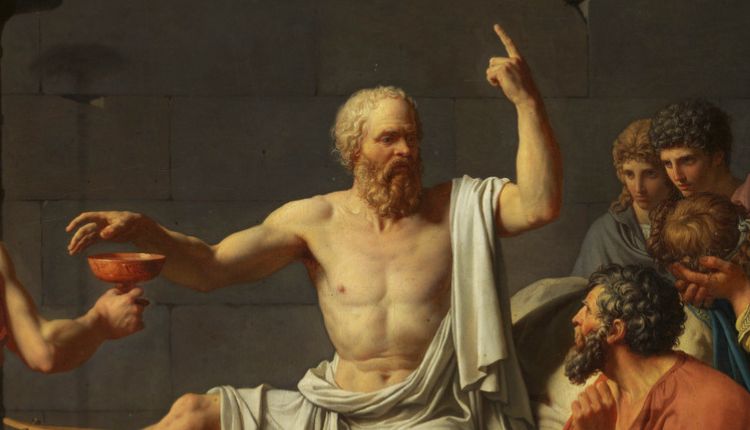Introduction: Navigating the Ancient Greek Concept of Home
which excerpt from the odyssey best shows that the ancient greeks greatly valued the idea of home?In the rich tapestry of ancient Greek literature, Homer’s epic poem, “The Odyssey,” stands as a timeless testament to the values and ideals of that era. One of the central themes woven intricately throughout the narrative is the profound importance the ancient Greeks placed on the concept of home. Within the Odyssey, there exists a poignant excerpt that encapsulates the deep reverence the ancient Greeks held for the idea of home. But which passage serves as the quintessential expression of this sentiment?
The Pinnacle of Homeric Valor: A Closer Look
Odyssey Excerpt: Crafting the Ideal Homecoming
In Book 23 of the Odyssey, we witness the momentous reunion of Odysseus with his beloved homeland, Ithaca. The passage unfolds as Odysseus, after years of arduous wanderings and trials, finally returns home in disguise. Only his loyal dog, Argos, recognizes him, showcasing the enduring loyalty that transcends time and distance. This poignant scene captures the essence of the ancient Greek understanding of home – a sanctuary of unwavering loyalty, familial bonds, and emotional resonance.
Penelope’s Tapestry: Weaving the Fabric of Home
The episode of Penelope’s tapestry further underscores the significance of home in ancient Greek culture. Penelope, Odysseus’s faithful wife, cleverly delays remarriage by promising to choose a suitor once she completes weaving a shroud. Cunningly, she unravels her work every night, symbolizing the unwavering devotion to her absent husband. This intricate tale embodies the patience, fidelity, and emotional ties associated with the ancient Greek perception of home.
The Greek Value System: Home as a Pillar of Civilization
Hestia’s Hearth: The Sacred Center of the Home
In Greek mythology, Hestia, the goddess of the hearth, represents the heart of every home. The hearth, a symbol of warmth and communal gathering, embodies the ancient Greek belief that the home is the nucleus of familial and societal stability. Hestia’s presence at the heart of Greek homes highlights the cultural veneration of domesticity and the profound significance attached to the household.
Xenia: Hospitality as a Cornerstone of Home
The concept of “xenia” – hospitality towards strangers – is deeply ingrained in the Odyssey. Odysseus’s encounters with various characters on his journey underscore the Greek belief that the bonds of hospitality extend the idea of home beyond physical walls. The reciprocity of kindness and hospitality exemplifies the interconnectedness of the ancient Greek value system with the concept of home.
Modern Echoes: Why the Ancient Greek Notion of Home Still Resonates
Familial Bonds and Emotional Anchors
In a contemporary context, the ancient Greek emphasis on familial bonds as a foundation of home still holds profound relevance. The emotional anchors of home, where love, loyalty, and support thrive, continue to shape our understanding of a secure and nurturing living space.
The Odyssey’s Enduring Legacy
“The Odyssey” transcends time, resonating with readers across centuries. Its exploration of home as a multifaceted concept has left an indelible mark on the collective human consciousness. The enduring legacy of this epic ensures that the ancient Greek perspective on home remains an influential and timeless cultural touchstone.
Conclusion: Navigating the Seas of Home
In the Odyssey, the ancient Greeks masterfully articulated their profound reverence for the concept of home. Through the lens of Odysseus’s arduous journey, the loyalty of Penelope, and the divine symbolism of Hestia’s hearth, we glimpse into a world where home was more than a physical space – it was a sacred sanctuary of values and connections

